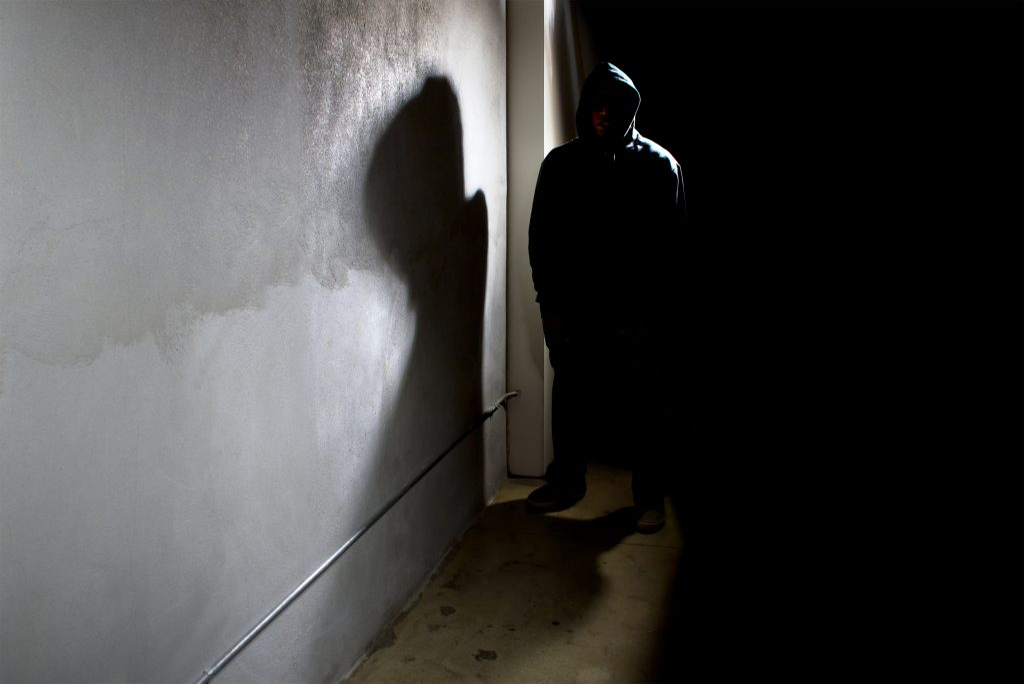 Protection orders are civil court orders meant to prevent continuing acts of family violence, sexual assault, human trafficking or stalking. Protection orders are also commonly called restraining orders. Despite being issued by the civil court system, violating a protection order is a criminal offense, with criminal penalties.
Protection orders are civil court orders meant to prevent continuing acts of family violence, sexual assault, human trafficking or stalking. Protection orders are also commonly called restraining orders. Despite being issued by the civil court system, violating a protection order is a criminal offense, with criminal penalties.
Violating a protection order is a Class A misdemeanor, which can be punished with a maximum of one year incarceration in a county jail and a maximum fine of $4,000. However, if it is not your first conviction for the same offense, the crime is a third-degree felony. The penalties for a third-degree felony can include a prison sentence of two to ten years.
One of the reasons why the penalties for a violation of a protection order can be so severe is because it is a direct rebuke to the court that issued the order. But in order for the charges to stick, prosecutors must prove that the accused acted with criminal intention. This opens up one of several potential avenues for legal defense in cases involving protection order violations.
Our skilled and experienced criminal defense attorney has defended countless individuals accused of violating protection orders. If you have been accused of violating a protection order in the Dallas-Fort Worth metroplex, we are prepared to represent you in a court of law.







